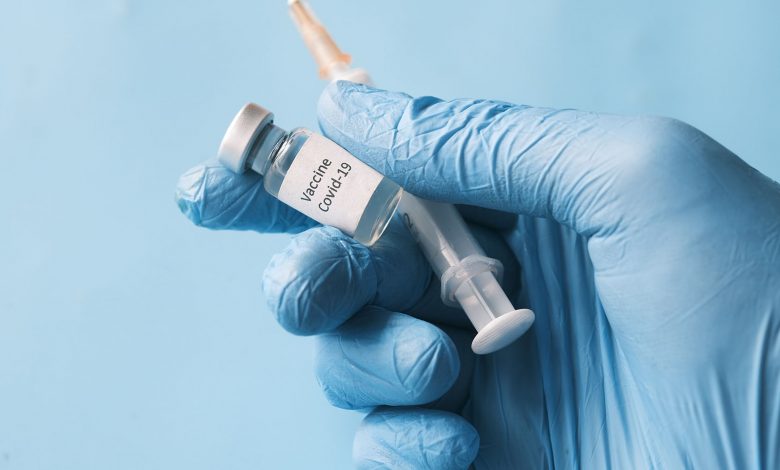
A large percentage of people are still undecided on what steps to take amidst the pressure of the pandemic. One of them is whether to take the vaccination or not.
It happens not only in Nigeria but also in developed countries such as the United States. On October 29, 2021, 12,000 military personnel rejected the mandated compulsory vaccinations for soldiers by the US Pentagon based on religious objections.
The world is once again on full alert as a new variant emerged, but vaccines and boosters are said to offer protection against severe symptoms. To speed up global herd immunity, U.S. President Joe Biden’s pledged an oath to vaccinate the world as omicron was found spreading across southern Africa.
“Many people simply don’t believe there is an urgent need for vaccinations,” said Shabir Madhi, dean of the University of the Witwatersrand, Johannesburg, South Africa. “It’s a combination of apathy and hesitancy.”
South Africa has more than 16 million doses already on hand, but only 35 per cent of South African adults are fully vaccinated due to various factors, including limited transportation to vaccination sites.
Nigeria has administered 9,640,048 doses of COVID vaccines as of November, which is about only 2.4 per cent of the country’s population as each person would need 2 doses.
“You have a right to refuse vaccines, but you do not have the right to endanger the health of others,” said Executive Director of the National Primary Healthcare Development Agency (NPHCDA), Faisal Shuaib, in a briefing in September.
